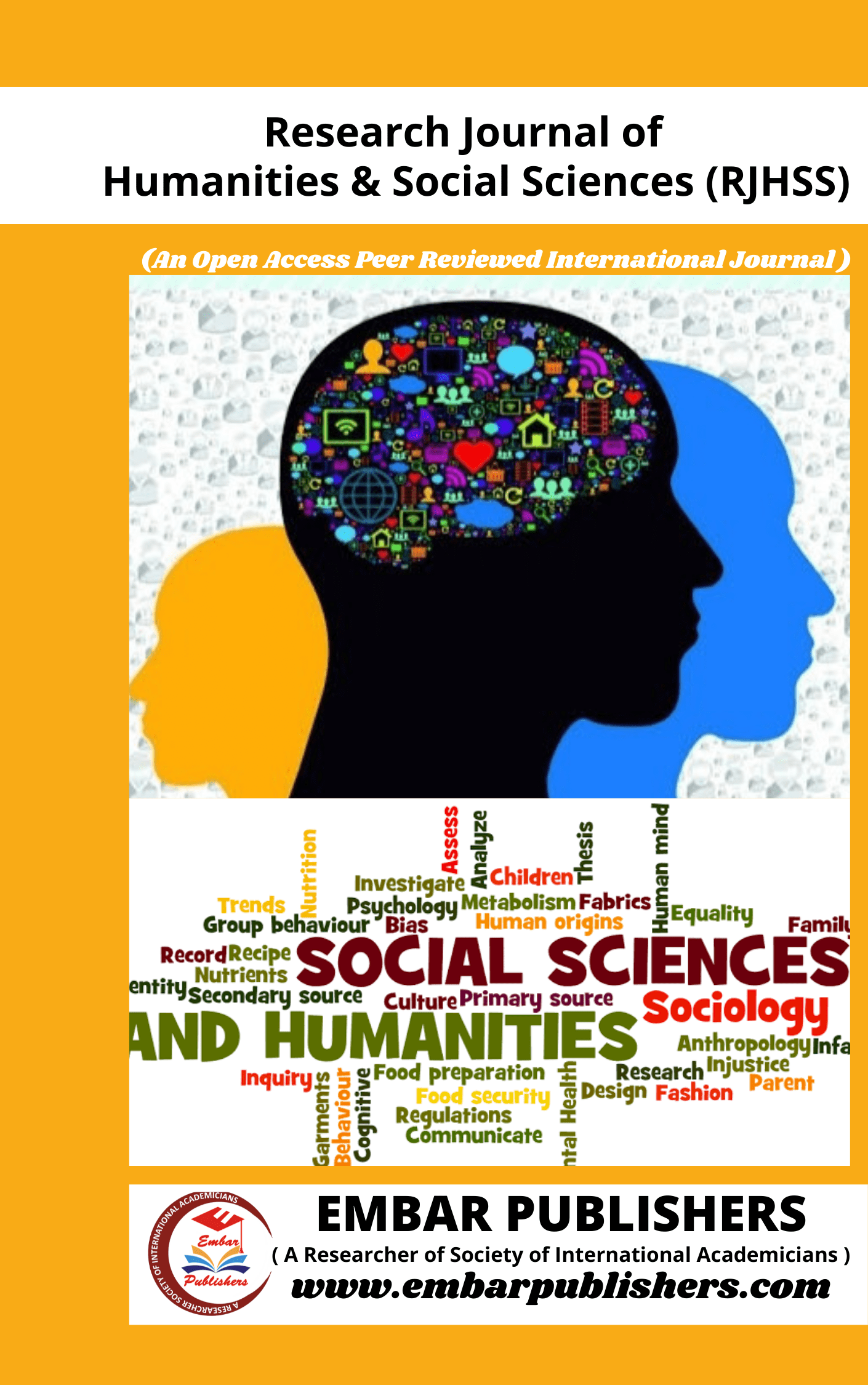
Title Impact of the Family on Societal Regulation: Understanding Its Role in Social Control
Dr. Abdul Momen1, Dr. Mobarak Hossain2 ,Md. Abdur Rakib3, Md. Jakir Hosain4
Associate Professor, Dept. of Islamic History and Culture, Jagannath University, Dhaka, Bangladesh
DOI: doi.org/10.58924/rjhss.v4.iss4.p21
Published Date: 31-Aug, 2025
Keywords: Keywords : Family, Social Control, Forms, Agencies, Mechanism
Abstract:
Abstract : The fundamental objective of the study is to examine the approaches by which families impart societal norms, values, and discipline, thus influencing individual behavior and strengthening collective stability, which in turn shapes broader social structures and contributes to social order. This study utilizes a qualitative research approach, including content analysis and an extensive literature review, informed by sociological, psychological, and historical perspectives to examine the processes by which families exercise social control. The study finds that families function as significant agents of social control via both direct and indirect methods. They impart values and conventions during primary socialization, facilitate emotional regulation, and equip individuals for productive societal engagement. The study underscores the changing dynamics of family structures and their influence on social control mechanisms in contemporary society. The findings highlight the necessity of bolstering and reinforcing family structures to enhance societal welfare. Policymakers and practitioners are urged to create interventions that strengthen family cohesion and promote positive socialization practices. The study indicates a necessity for a more comprehensive approach to comprehending social control that takes into account both familial and peer effects. This study redefines the family's role in societal control, connecting conventional perspectives with modern family dynamics. It provides a comprehensive perspective on the role of families in societal control amid evolving family forms and rising external forces. The study predominantly depends on theoretical synthesis and pre-existing literature, potentially constraining its relevance across various cultural contexts. Future study must integrate empirical data to substantiate the findings and examine the interaction between family-based social control and other societal factors
References:

Journal: Research Journal of Humanities and Social Sciences
ISSN(Online): 2945-3968
Publisher: Embar Publishers
Frequency: Bi-Monthly
Chief Editor: Dr N.L.N Jayanthi
Language: English
ISSN(Online): 2945-3968
Publisher: Embar Publishers
Frequency: Bi-Monthly
Chief Editor: Dr N.L.N Jayanthi
Language: English
